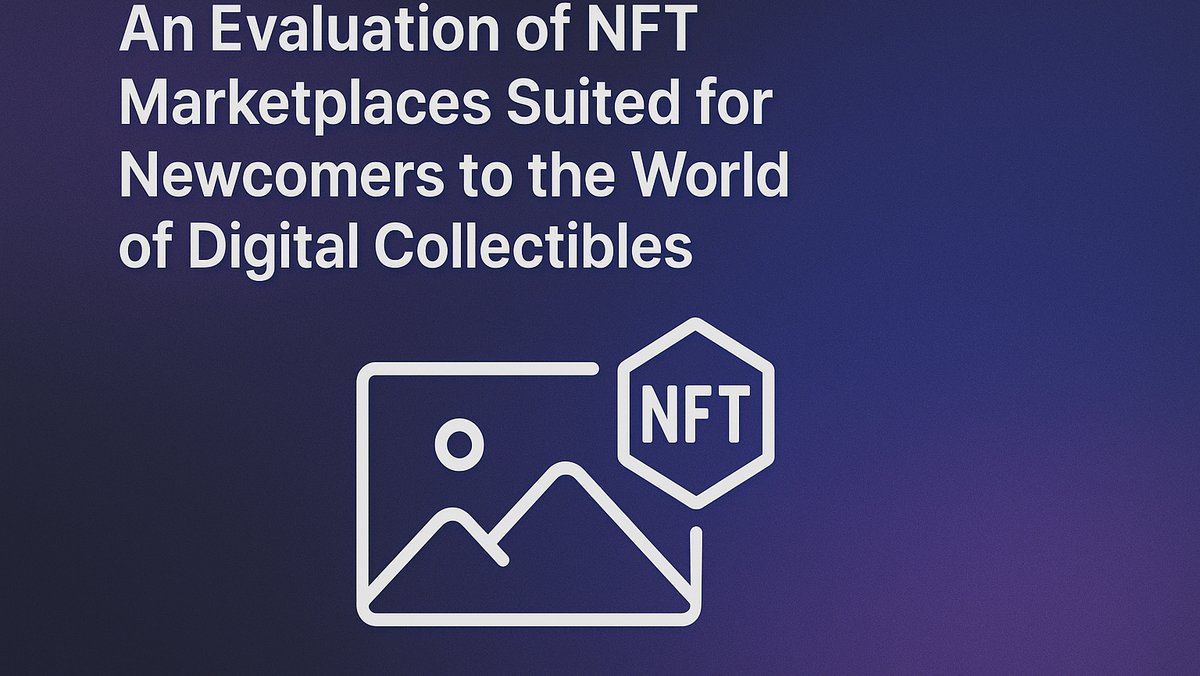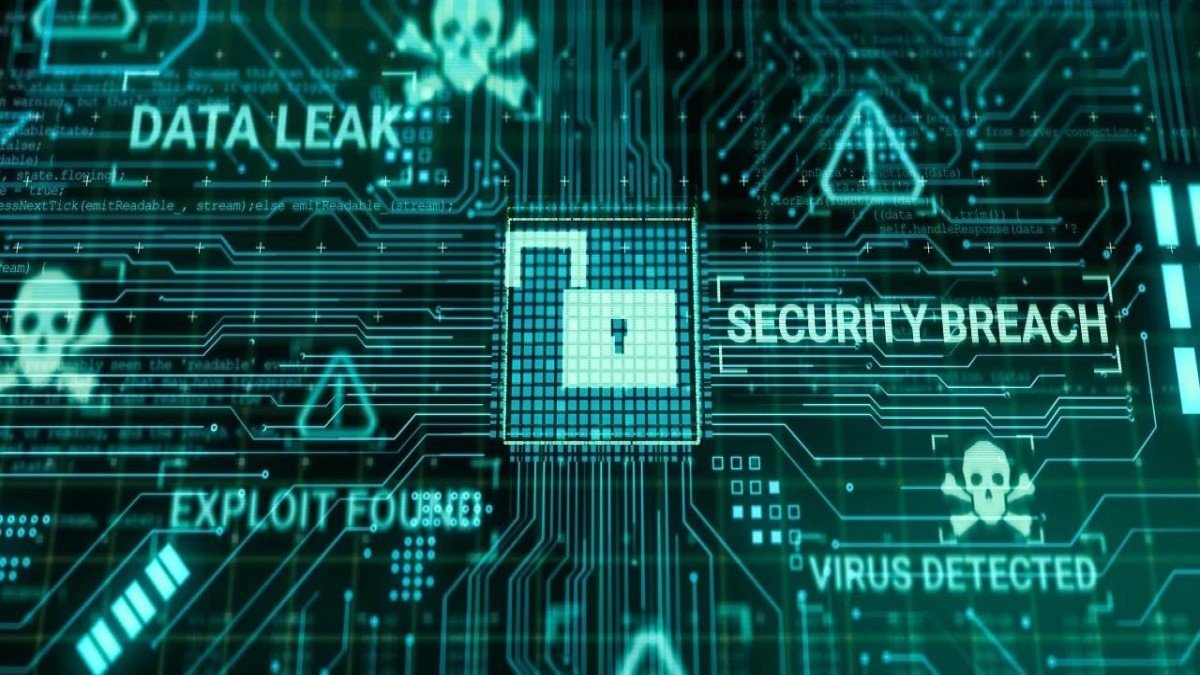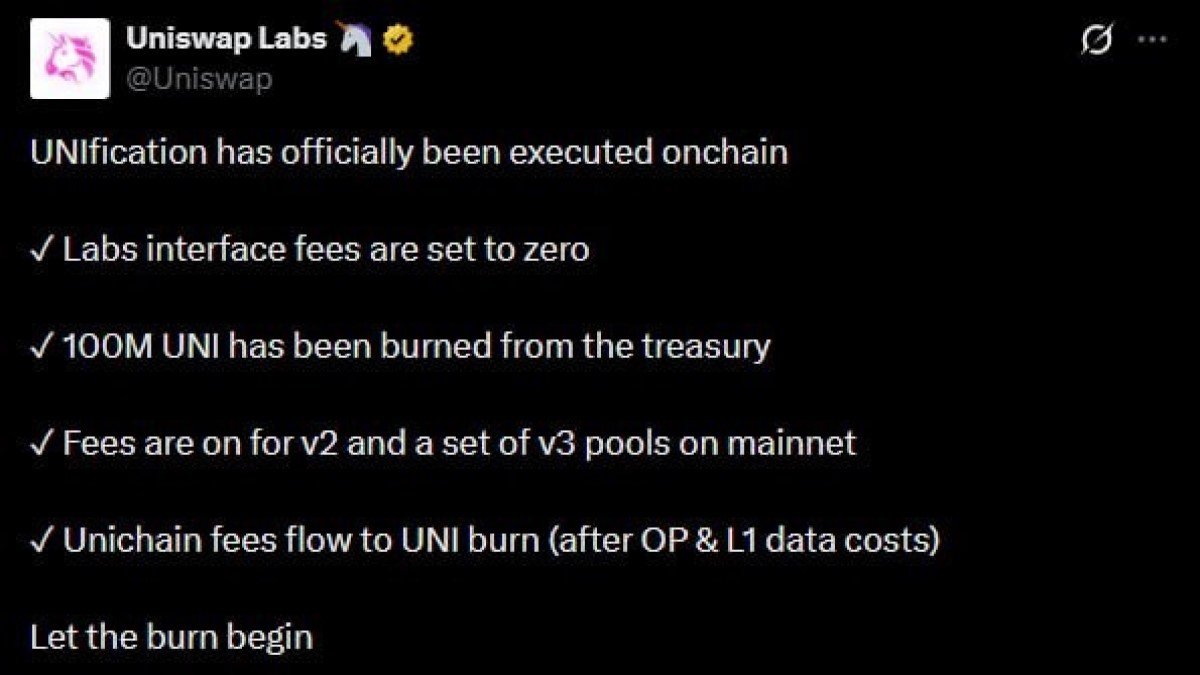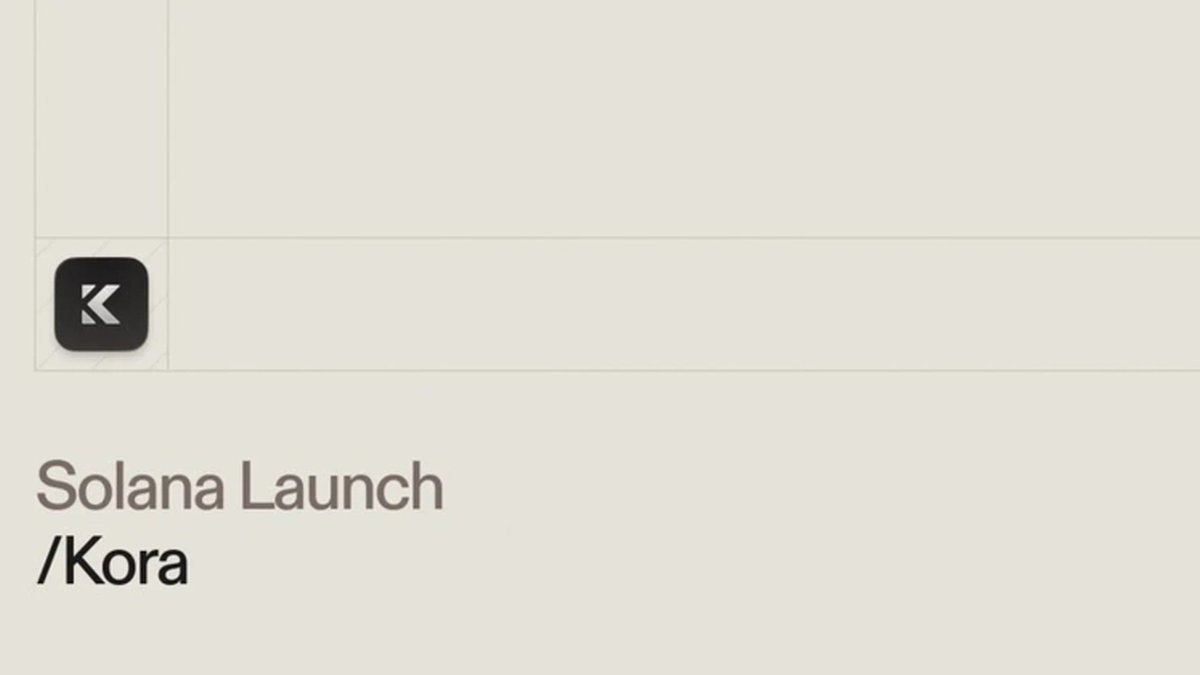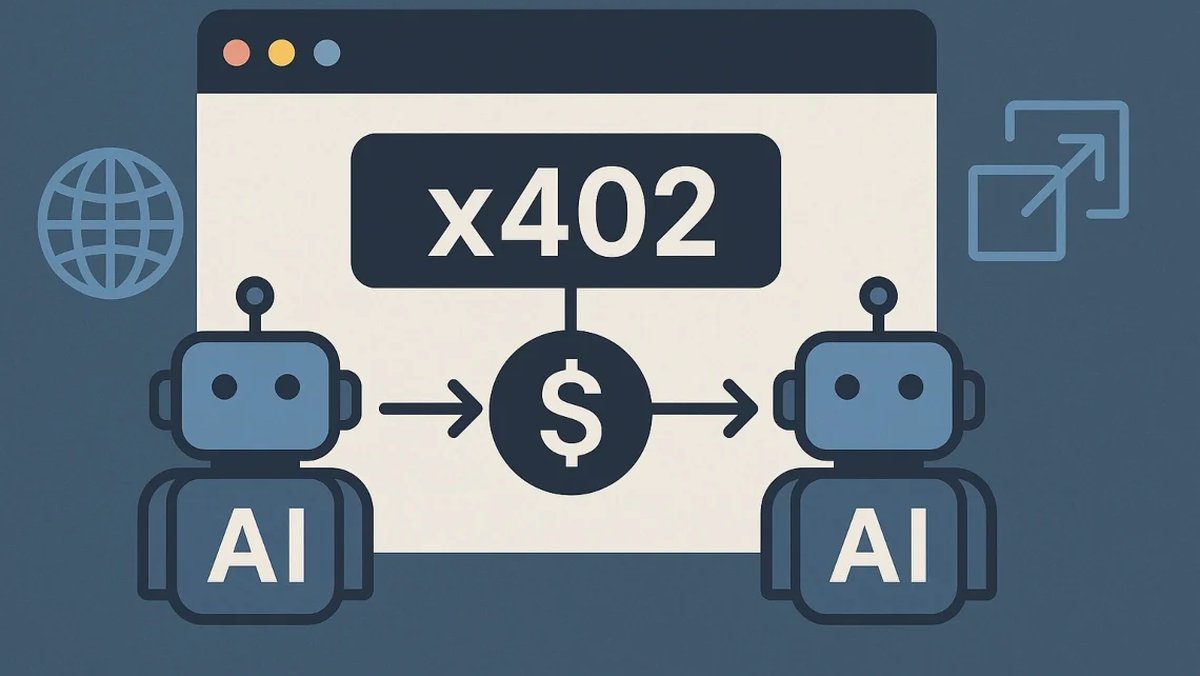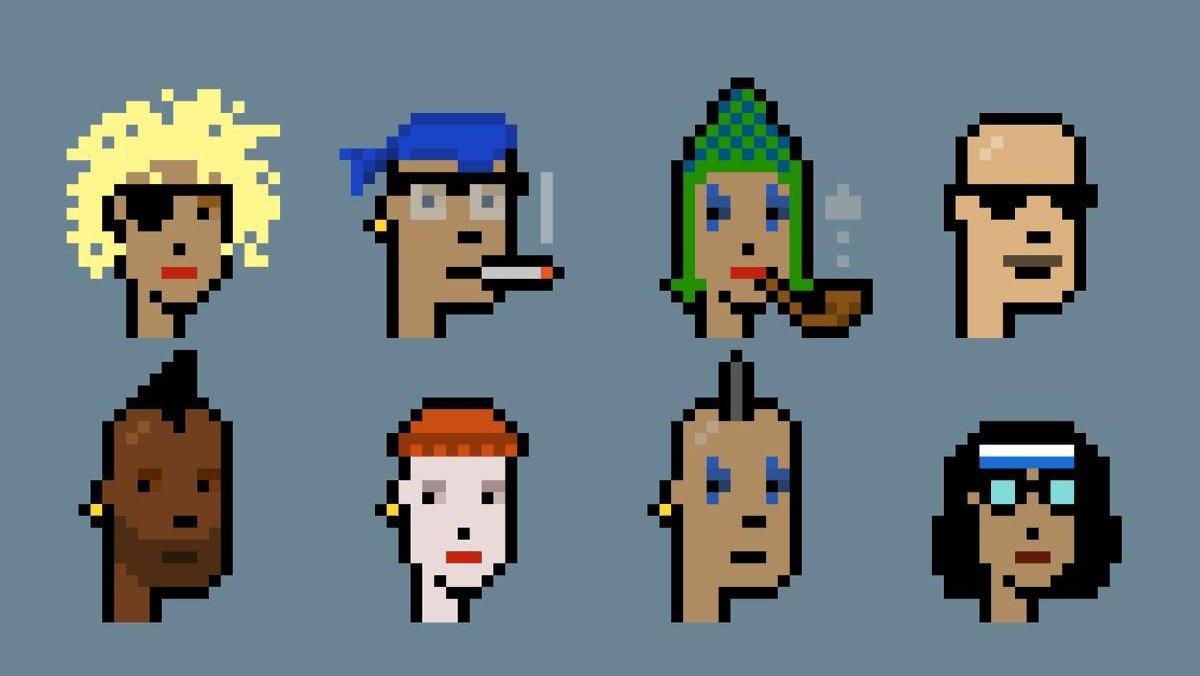Best NFT Marketplace Apps: Navigating the Digital Collectibles Revolution
The explosion of non-fungible tokens (NFTs) over the past few years has transformed how we view ownership, creativity, and digital value. NFTs have created a paradigm shift in industries such as art, gaming, real estate, and entertainment, enabling unique assets to be tokenized and traded globally. Central to this ecosystem are NFT marketplaces—platforms where buyers, sellers, and creators converge. Choosing the right marketplace app is crucial for anyone entering the world of digital collectibles, whether for investment, collecting, or creative expression.
Why NFT Marketplace Apps Matter
NFTs are built on blockchain technology, ensuring uniqueness and provable ownership. However, the process of minting, buying, or selling NFTs can be intimidating for newcomers. Marketplace apps simplify this journey by offering user-friendly interfaces, secure transactions, and integrated wallets. They act as gateways to the NFT economy, where collectors can explore curated collections, creators can mint digital works, and investors can speculate on the future value of rare assets.
Key Features of Leading NFT Marketplace Apps
1. User Experience and Accessibility
The best NFT marketplace apps prioritize simplicity. Features like one-click purchases, fiat on-ramps, and multi-chain support help lower barriers to entry. Platforms such as OpenSea and Magic Eden have designed mobile apps that mirror the ease of traditional e-commerce experiences.
2. Blockchain Support and Interoperability
Different NFT marketplaces run on different blockchains—Ethereum, Solana, Polygon, and Binance Smart Chain being the most popular. Interoperability is becoming increasingly important, allowing users to trade across chains without friction. Apps that support cross-chain trading provide flexibility and wider access to NFT ecosystems.
3. Security and Trust
Security is paramount in NFT transactions. Marketplaces must ensure smart contract reliability, protect user wallets, and enforce robust authentication. Apps like Rarible and Foundation use decentralized protocols while also offering optional curation to reduce illegal deception schemes and fake listings.
4. Community and Creator Tools
Marketplaces thrive on strong creator communities. Features such as integrated royalties, minting tools, and customizable storefronts empower artists to sustain their work. Apps that encourage community governance and transparent revenue-sharing often attract loyal user bases.
5. Analytics and Discovery
NFT marketplaces increasingly incorporate analytics dashboards to track floor prices, trading volumes, and rarity rankings. Discovery algorithms also help newcomers navigate the overwhelming number of projects, highlighting trending collections or curated drops.
Top NFT Marketplace Apps in 2025
OpenSea
As the largest NFT marketplace, OpenSea offers broad coverage across multiple blockchains, from Ethereum to Polygon. Its mobile app enables seamless browsing, trading, and portfolio management. However, gas fees on Ethereum remain a challenge for smaller investors.
Rarible
Rarible differentiates itself through community governance via its RARI token. It’s ideal for creators seeking a decentralized, community-driven platform. The app supports multi-chain integration, offering more flexibility compared to single-chain platforms.
Magic Eden
Initially dominant on Solana, Magic Eden has expanded into Ethereum and Bitcoin Ordinals. Its app stands out for speed, low fees, and integration with gaming projects, making it a go-to platform for NFT gamers and collectors.
Foundation
Foundation caters to high-end digital art collectors. With its curated drops and limited access for creators, it has positioned itself as a premium marketplace for serious investors and collectors who value scarcity and exclusivity.
Nifty Gateway
Nifty Gateway focuses on mainstream accessibility, offering fiat payment options and regular drops from high-profile artists and brands. Its custodial model simplifies onboarding but sacrifices some decentralization.
Comparisons with Traditional Collectibles Markets
NFT marketplaces share similarities with art galleries or auction houses, but with important distinctions. Unlike physical collectibles, NFTs can be traded instantly worldwide, with transparent provenance encoded on the blockchain. However, volatility, speculative bubbles, and questions about long-term value distinguish them from traditional markets. Choosing the right app helps mitigate some of these risks by focusing on platforms with established reputations and secure infrastructure.
Risks and Considerations
While NFT marketplaces open doors to new opportunities, they also come with risks. Deceptive listings, wash trading, and sudden value collapses remain concerns. Regulatory uncertainty adds another layer of complexity, with governments still debating how to classify NFTs. Investors should exercise caution by diversifying across projects, researching creators, and verifying marketplace security measures. For collectors, the emotional value of owning unique digital art often outweighs purely financial considerations, but understanding liquidity risk is essential.
Future Outlook for NFT Marketplaces
Looking ahead to 2026 and beyond, NFT marketplace apps will likely integrate with broader Web3 ecosystems. Expect deeper ties to gaming, metaverse experiences, and tokenized real-world assets such as property deeds and music royalties. Mobile-first development will continue, catering to users who prefer quick access and transactions on the go. AI-powered curation may also emerge, offering personalized recommendations based on user preferences and trading history.
Conclusion
Best NFT marketplace apps are more than just platforms—they are cultural hubs shaping how we create, collect, and trade digital value. For newcomers, choosing an app with a balance of accessibility, security, and strong community support is key. For seasoned investors, advanced analytics, multi-chain integration, and reliable governance mechanisms will likely define the top platforms. As NFTs continue to evolve, the apps that adapt to user needs while maintaining trust will remain leaders in this dynamic market.
Further Reading and Resources
Crypto Insurance | Altcoins | Signals
Frequently Asked Questions
What is an NFT marketplace app? An NFT marketplace app is a platform that enables users to mint, buy, sell, and trade digital collectibles using blockchain technology.
Which NFT marketplace is best for beginners? Apps like OpenSea and Nifty Gateway are beginner-friendly due to their simple interfaces and fiat payment options.
Are NFT marketplaces safe? Reputable platforms like Rarible and Magic Eden implement strong security measures, but users should always verify authenticity and avoid suspicious projects.
Can I use multiple NFT marketplaces? Yes. Many collectors diversify across apps to access different blockchains, creators, and communities.
What’s the future of NFT marketplaces? The future includes more interoperability, integration with gaming and metaverse projects, and tokenization of real-world assets, making them central to the broader Web3 economy.

